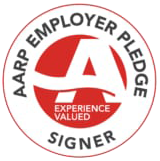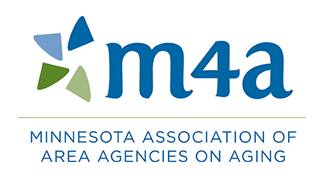November is National Family Caregivers Month
President Clinton signed the first National Family Caregivers Month Presidential Proclamation in 1997 and every president since has followed suit by issuing an annual proclamation recognizing and honoring family caregivers each November.
This is a time to reflect upon the invaluable commitment so many family members provide as they dedicate themselves and their resources to providing family member with the care and support they need to live in their own homes and communities.
The process of becoming a caregiver may occur gradually over time or may happen suddenly due to a significant health or other life changing event. Caregiving can be a commitment that lasts for a short time or it may be a commitment that lasts for years. Regardless of the circumstances, caregivers need the support of family, friends and formal services to most effectively manage the well-being of their family member as well as their own well-being.
“As well as their own well-being,” yes, that is to be emphasized. The mutuality involved in caregiving means making decisions that support quality of life and well-being for both the care recipient and the caregiver. This can best be accomplished when the primary caregiver has opportunities to engage in activities that nurture their own well-being. Usually caregivers are by nature giving people. The responsibility of stepping up when a family member needs care may seem natural to them, however this responsibility cannot be met in isolation. Prioritizing and coordinating the tasks of caregiving, even the small details, can result in a more satisfying outcome for all involved.
- Consider these recommendations when in the role of primary caregiver for a family member:
- Include family in your caregiving, talk about how they can assist including ideas such as shopping, managing finances, meal preparation and social interaction.
- Seek help through community health care agencies for services such as bathing, medication management, homemaking and/or chores.
- If you work outside of the home, talk with your company regarding the possibility of a flexible schedule and discuss options for managing work and caregiving.
- Consider respite options. Caregivers need respite, which is defined as “short-term care provided to a person when the person’s primary caregiver is absent or needs relief, whether for a few hours or several days.” Respite care exists in many different forms and may be provided by family, friends and/or formal service providers.
Above all, remember that you are not alone. For assist with finding the right resources, contact the Senior LinkAge Line. This is a free telephone information-and-assistance service which makes it easy for seniors and their families to find community services.
Call the Senior LinkAge Line at 800-333-2433.





